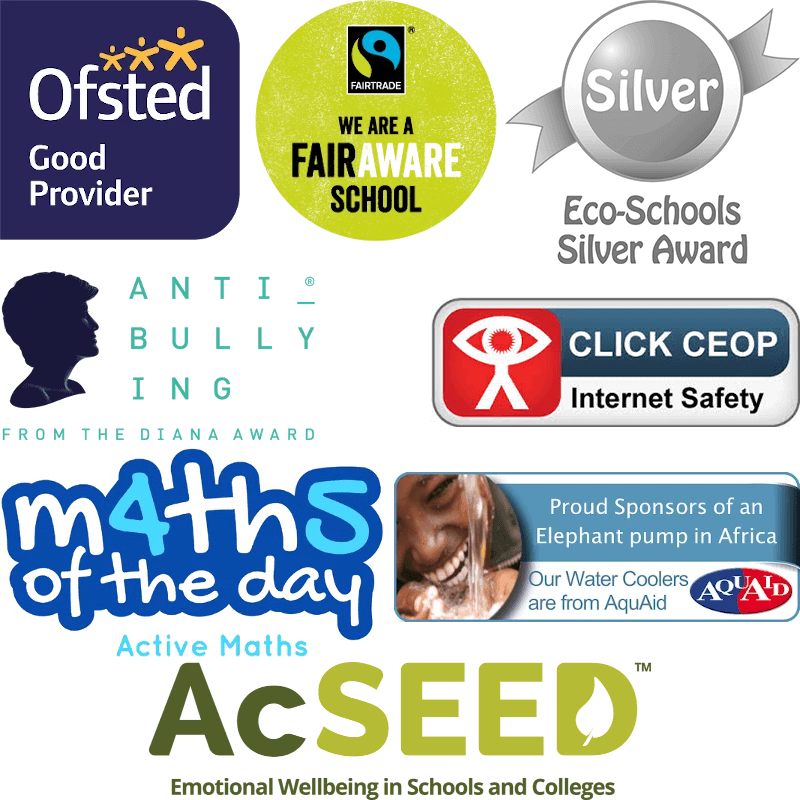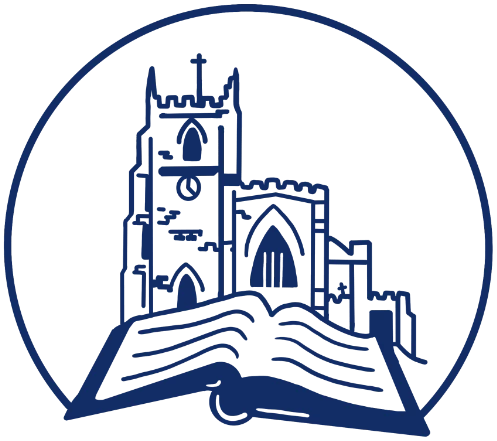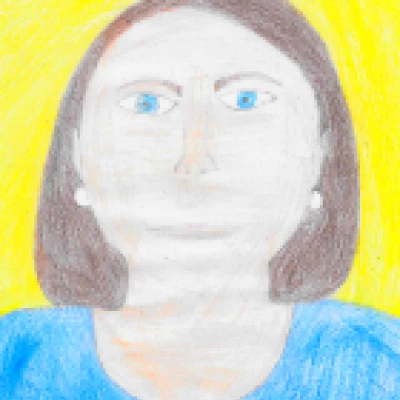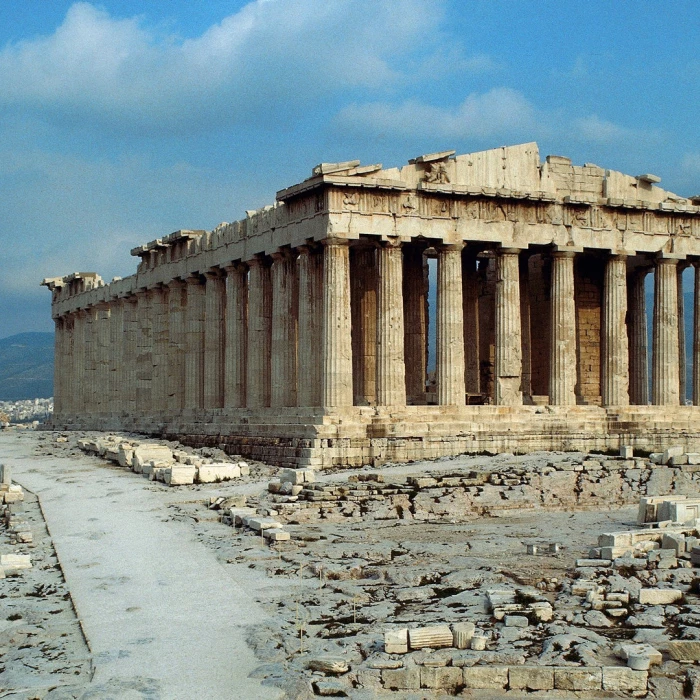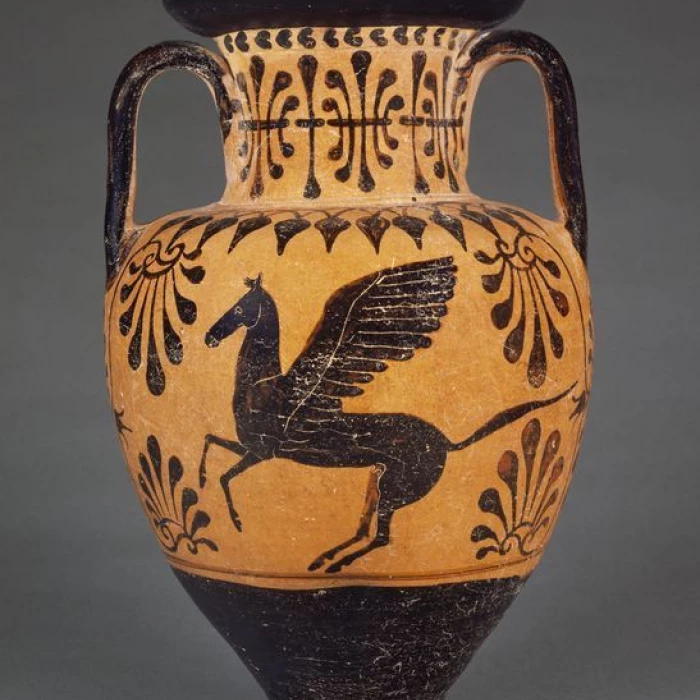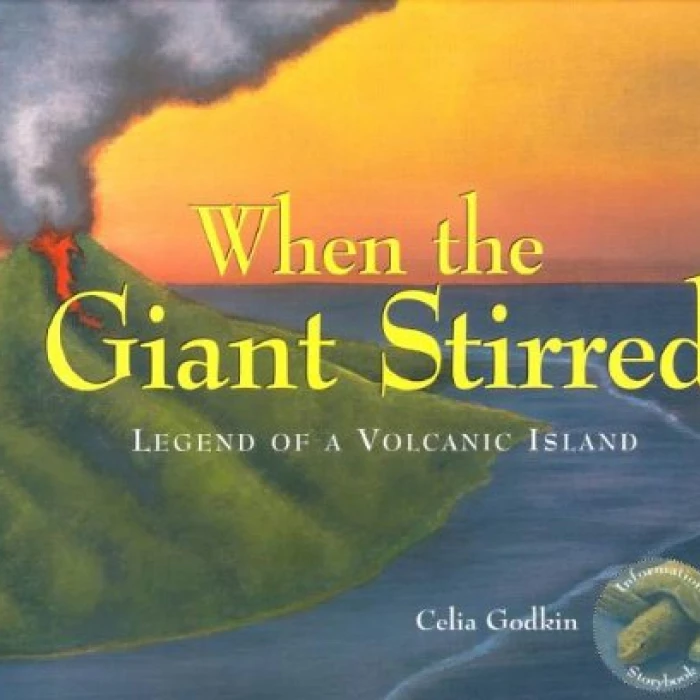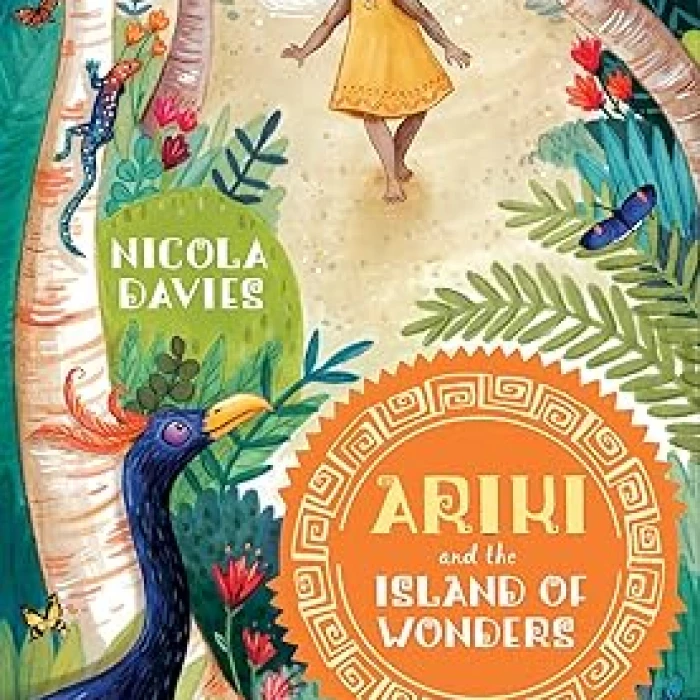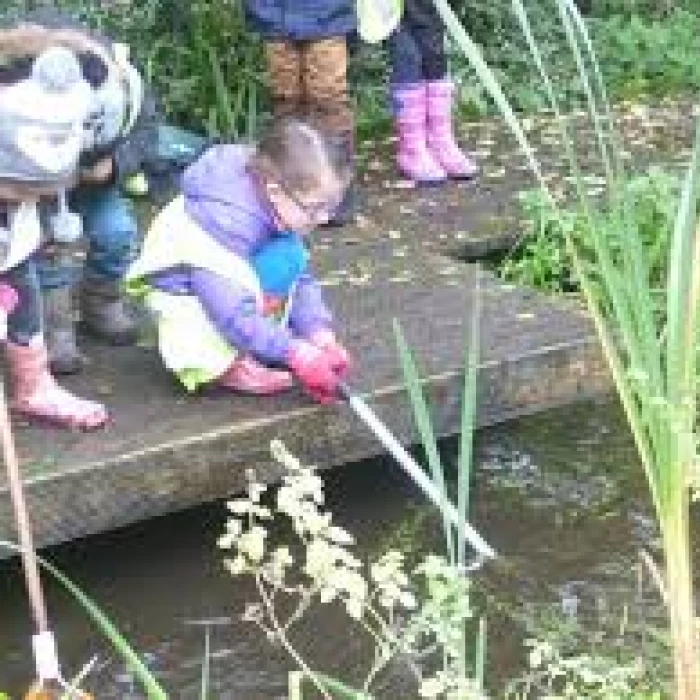Welcome to Year 4 – Emerald Class!
Mrs Bird
Summer term – Ancient Greece
Welcome to the Emerald class page. We are looking forward to starting the Summer term and getting stuck into some new books and topics.
History
Our topic this term is Ancient Greece. During the unit, the children will gain an understanding of where and when some key events during the ancient Greek period took place. They will explore what is meant by the terms 'trade', 'civilisation' and 'empire' and explore how, towards the end of the ancient Greek period, Alexander the Great grew an empire resulting in the Greek civilisation spreading more widely. When learning about daily life in ancient Greece, the children will explore what life was like for different people who were enslaved during ancient Greek times. They will then independently research and feedback on different elements of daily life in ancient Greece. The children will also explore the differences between life in ancient Athens and ancient Sparta. They will learn about early democracy in Athens and take part in a debate about life in Athens and Sparta. The children will use ancient Greek pottery as a primary source to help them gather evidence about the ancient Greek Olympics and make comparisons between the ancient Games and the modern Olympics. In addition to this, children will learn about the beliefs of the ancient Greeks, producing fact files about the Greek gods. The children will sequence a simple story map of a version of the Trojan War and will explore historical evidence relating to the Trojan War. Studying ancient Greece will help children to develop their questioning skills and make comparisons; learn to use historical sources and help them to understand how past events have helped to shape the world that we know today.
English
This term, we shall begin by using the book 'When the Giant Stirred' by Celia Godkin. The children will continue to learn how to expand noun phrases by the addition of modifying adjectives, nouns and prepositional phrases; choose nouns or pronouns appropriately for clarity and cohesion and to avoid repetition; use and punctuate direct speech; and use commas after fronted adverbials. We shall be learning how to sequence stories in different stages including the introduction, the build-up, the climax and the resolution. We shall also create dialogue between characters that shows their relationship with each other, use 1st or 3rd person consistently and use small details to describe characters and for time, place and mood. Alongside these skills, we shall also continue to work on our handwriting and spelling.
Maths
Our Maths learning will focus on learning Multiplication and Division, Calculating Area, Length and Perimeter, Fractions and Decimals as well as Shape, Position & Direction, and Money. We shall also be learning our times tables using TTRockstars in readiness for our Multiplication Tables Check in June.
Science
The children will study two units. The first is 'Living Things & Their Habitats, the second is 'Animals, including Humans'. In the first unit, the children will learn to: recognise that living things can be grouped in a variety of ways, explore and use classification keys to help group, identify and name a variety of living things in their local and wider environment and recognise that environments can change and that this can sometimes pose dangers to living things. To support this learning, we shall be visiting Delamere Forest for a two-day residential. During the visit, the children will be able to explore the different animal habitats in the forest as well as in the pond and the stream. In the second unit, the children will learn to: describe the simple functions of the basic parts of the digestive system in humans, identify the different types of teeth in humans and their simple functions, construct and interpret a variety of food chains, identifying producers, predators and prey.
Geography
This term, the children will learn orienteering during their residential to Delamere Forest. They will learn to use the eight points of a compass, four-figure grid references, symbols and key to navigate around a given route. They will also use fieldwork to observe and record the human and physical features in the local area using a range of methods including sketch maps, plans and graphs and digital technologies.
Computing
In Computing, the children will be learning about effective searching. They will learn to use a search engine, locating information on the search results page, and how to assess whether an information source is true and reliable. They will also learn what is Artificial Intelligence, how it can help us, the future of AI and use AI to create music and art.
PE
This term, we shall be learning rounders and athletics on Wednesdays and Fridays. We shall focus on striking and fitness. We shall also be taking part in Town Sports.
Art
In Art, the children will learn about sculpture. They will explore the way different materials can be shaped and joined, learning about techniques used by artists as diverse as Barbara Hepworth and Sokari Douglas-Camp, creating their own sculptures.
Design & Technology
In Design & Technology, we shall learn about structure by making pavilions. The children will investigate and model frame structures to improve their stability, then apply this research to design and create a stable, decorated pavilion. The children will also learn about textiles by analysing and evaluating a range of existing fastenings, then devising a list of design criteria to design, generate templates and make a fabric book sleeve.
Music
This year, the children will learn how to play the clarinet and to read musical notation by a Music teacher on Monday mornings.
RE
This term, we shall be looking at different religions and worldviews. In the first half-term, we shall describe how people of religious/non-religious worldviews across 3 traditions respond to world poverty. We shall identify what motivates people to give to charity, consider the complexity of giving to charity and how sometimes it raises puzzling questions. We shall also consider whether it is always right to give to charity. We will then look at how people of religious/non-religious worldviews across 3 traditions respond to caring for the planet. We identify what motivates people to be involved in climate change action, consider the complexity of caring for the earth and then investigate how important equality is to Sikhs and how they might respond to caring for the planet.
Click here to view work from our class.
Our Partners
